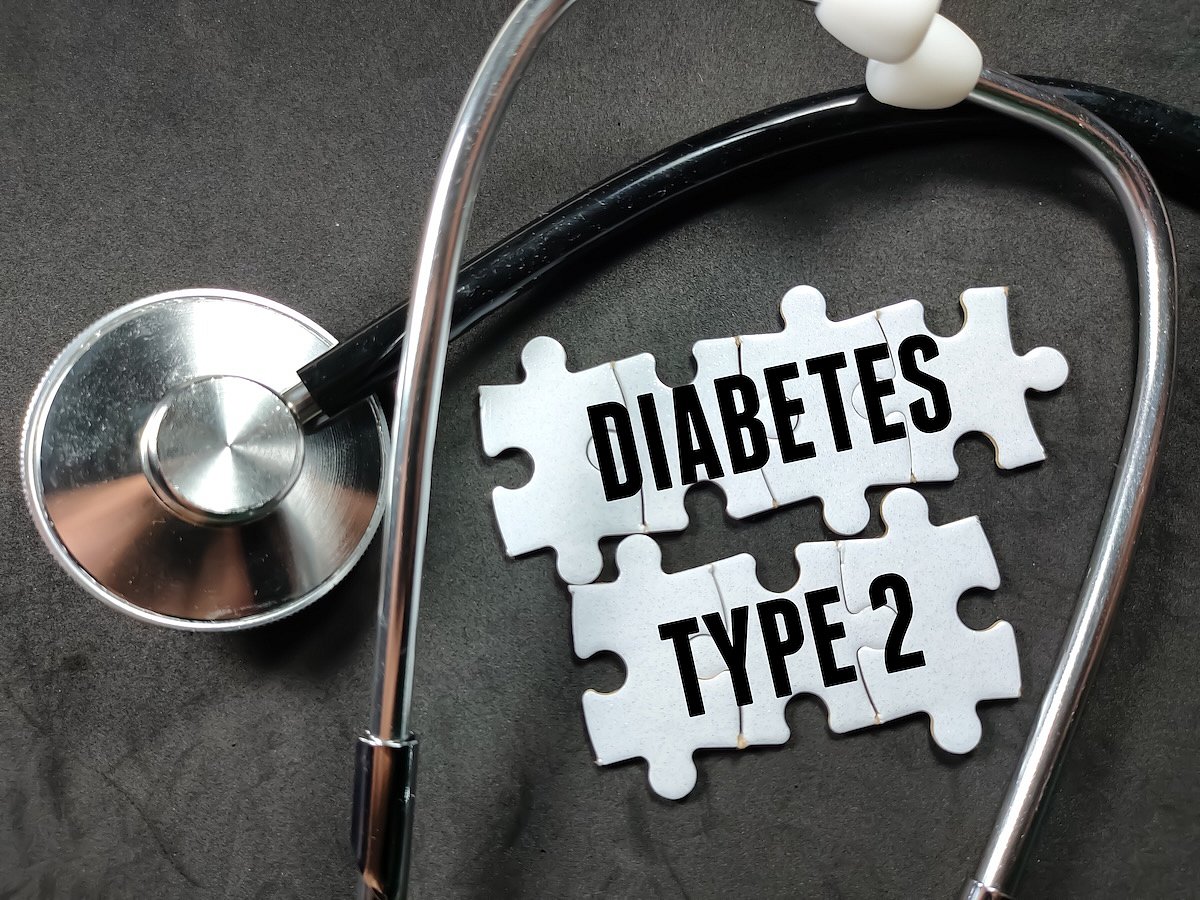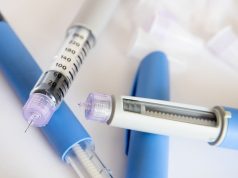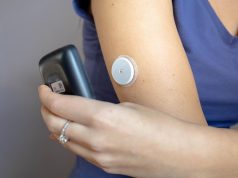New ICD-10 diagnosis code is for patients with history of type 2 diabetes who bring blood sugar levels to a non-diabetic range below 6.5% for at least three months
By Deanna Neff HealthDay Reporter
WEDNESDAY, Oct. 15, 2025 (HealthDay News) — Use lifestyle interventions to show no signs of type 2 diabetes for at least three months? There’s a code for that: E11.A.
Starting Oct. 1, 2025, a new diagnosis code was added to the detailed list of codes used by health care providers: the remission of type 2 diabetes.
The 2025 update to the medical codes manual introduces hundreds of new codes, including the new diabetes code, E11.A. Doctors use these codes to describe medical conditions, bill and obtain insurance reimbursement.
This new code officially distinguishes between managing the disease and successfully achieving a state of remission.
The code is for patients who have a documented history of type 2 diabetes who bring their blood sugar levels back to a non-diabetic range below 6.5% for at least three consecutive months, without any medication or complications.
Using the new code requires specific documentation by the health care provider.
That documentation must include the word “remission” and explain how remission was achieved, according to the American Academy of Family Physicians. This explanation might include lifestyle changes, such as diet and exercise leading to documented weight loss, a specific weight loss program or interventions like bariatric surgery.
The official ICD-10 guidelines also emphasize that using a vague term such as “resolved” is not enough to qualify a patient for the remission code, nor can the patient have any diabetes-related complications going on.
The patient’s recent A1C readings must be included in the medical notes, and the medical record must confirm they are not currently taking any diabetes medications.
The American College of Lifestyle Medicine (ACLM) calls the new code “a major milestone for lifestyle medicine.” They note that type 2 diabetes impacts around 11.6% of adults in the United States, with an increasing prevalence among younger people and a hefty cost in direct expenses and reduced productivity.
ACLM said research points to lifestyle changes, such as a whole-food, plant-based diet, exercise and sleep, as comparable to bariatric surgery, a common tool used to achieve type 2 remission (but without the potential for side effects).
More information
ACLM offers a 2025 patient guideline on Lifestyle Interventions for Treatment and Remission of Type 2 Diabetes and Prediabetes in Adults.
SOURCE: American Academy of Family Physicians, Oct. 6, 2025
Copyright © 2025 HealthDay. All rights reserved.








